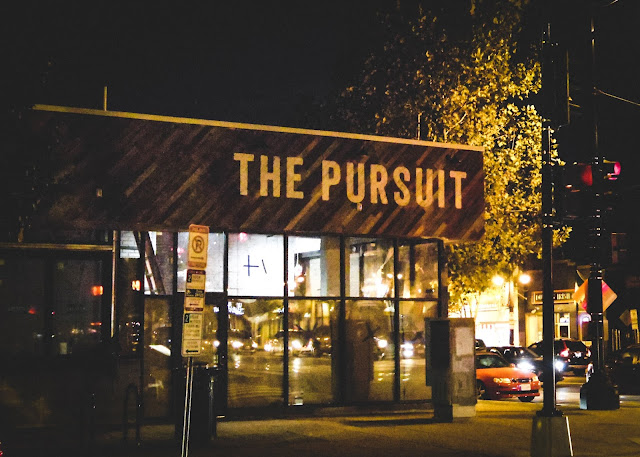Dockless Bikeshare Trial Coming to DC
 |
| A shared bike parked at a tree box in Seattle's Capitol Hill. |
This fall and winter, we will have a new way to experience bike sharing in the District.
With 440 stations, Capital Bikeshare is the third largest system in the United States, behind New York (600) and Chicago (580). For comparisons' sake, New York's Citi Bike has 10,000 bikes, Chicago's Divvy has 5,800 bikes, and DC's Capital Bikeshare has 3,700. Measuring by number of stations may be a thing of the past, however. WTOP and others are reporting that the District Department of Transportation (DDOT) will institute a pilot program this fall featuring dockless (station-less) bike sharing. The program will start September 20 (!) and run through April 2018.
With 440 stations, Capital Bikeshare is the third largest system in the United States, behind New York (600) and Chicago (580). For comparisons' sake, New York's Citi Bike has 10,000 bikes, Chicago's Divvy has 5,800 bikes, and DC's Capital Bikeshare has 3,700. Measuring by number of stations may be a thing of the past, however. WTOP and others are reporting that the District Department of Transportation (DDOT) will institute a pilot program this fall featuring dockless (station-less) bike sharing. The program will start September 20 (!) and run through April 2018.
These systems allow riders to find bicycles near their location, unlock the bike, ride it, and with some restrictions, lock and leave the bike in any public space within the service area.
I recently visited Seattle where the city works with multiple providers, including Spin and LimeBike, each dockless bike systems. A user opens the system app on their phone app, locates a bike, and scans in the bike's QR code to release the on-board wheel lock. Then they ride away. LimeBike recommends that you leave the bike near a bike rack or "designated bike parking areas," but in reality, you can leave it anywhere. Just engage the wheel lock, put the kickstand down, and walk away.
In Seattle I saw bikes in tree boxes, on the sidewalk, on bike racks, in front of grocery stores, and in one case, dangling from a power line near the Bainbridge Ferry. That last one is an aberration, as any bike could end up there if someone was really intent on throwing it off a raised walkway. But, the visual of a dockless bike being discarded "anywhere" including being thrown off of a skybridge was... well... a weird visual. Without the expectation that a ride will end up at a fixed location, it's fair to wonder if users or non-users will abuse the bikes by moving them or otherwise trying to use them without unlocking them.
 |
| Shared bikes near Seattle's Uwajimaya grocery. |
 |
| Parked adjacent to a bike rack near Pike Place. |
I like the semi-permanent visual of docks. Docks are a physical manifestation of the network for resident members and visitors, and as long as balancing works out, a place that you will likely always find a bike. On the flip side, I like dockless because at this point not every city block can get a station. So, the issue of who gets a dock and who doesn't become moot. Bikes will still end end up in high traffic destinations, but dockless presents a scenario in which individuals can still make a last-mile transit trip and be able to leave the bike at the front door of the destination, where ever it may be; creating a truly door to door transit option. The problem of equal distribution remains, though. And some sort of bike balancing will surely be a part of the new system, one should hope. Can both systems coexist? We'll see.
FYI - DDOT is looking for public feedback on this proposal. Get at them before September 15: DDOT Seeks Public Feedback on Dockless Bikeshare Technology
🤔 not an ideal spot to drop off your shared bicycle. pic.twitter.com/l5oJ7WdZ0V— The X2 (@TheX2BusDC) August 28, 2017
Read more:


